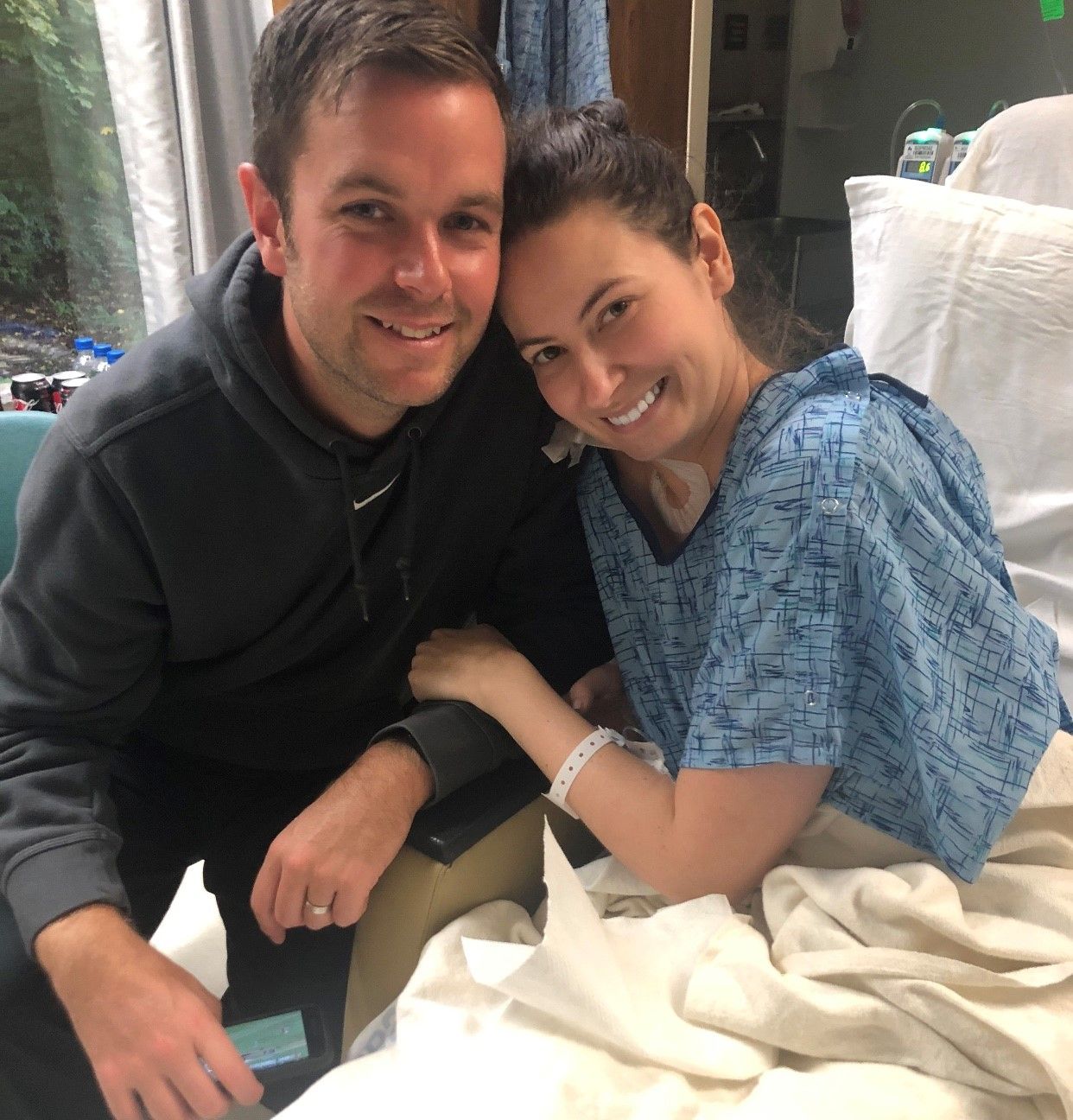Brain and Spine Care
Want to learn more about this at Kettering Health?
When you or someone you love suffers a stroke, the journey toward recovery can feel overwhelming. Stroke survivor and advocate Jeri Ward offers this advice to stroke patients and those who care for them.
Practice self-care
First, caregivers should “make sure that they take care of themselves,” Jeri says, “because stroke is really frustrating for everyone involved. It is very hard—no two days look the same. It feels like there’s a new issue every day. Crucial to a stroke survivor’s success is a caregiver being fully whole and healthy.”
Ask for and accept help
“Navigating healthcare where you don’t know anything about healthcare is a lot of learning,” Jeri says. “Make sure to lean into friends and family because it takes a village to help a stroke survivor.”
Seek support
Join a stroke survivor caregiver group, which offers not only a safe place to vent fears and frustrations but also an opportunity to hear and learn about what works for other survivors. “Sharing things like that is one of the most important things,” she says.
For example, Jeri recommends two technological aids that she still uses as she continues her recovery:
- Sensory processing headphones, which allow the wearer to focus on someone talking to them by screening out background noise in crowds or other noisy environments.
- Flux, a computer and phone app that changes the color, texture, and tone of screens so that visual processing is easier for survivors who suffer headaches triggered by light.
Jeri also has advice for her fellow stroke survivors.
Celebrate small victories.
“I remember the first time that I could chew and swallow on my own,” Jeri says. “And when I could brush my teeth on my own again for the first time, that was a really big deal as well. Appreciate and celebrate the small things—the small things are big things when you’re a stroke survivor.”
Connect with other survivors
“In some way, try to reach out to other stroke survivors—whether they are ahead of you in their journey or behind you—because we learn a lot from each other, but we also feel less alone.”
Make the most of your therapy
“Really invest and integrate yourself into therapy as much as possible,” Jeri says. “Because when you’re looking at neuroplasticity in the brain—which is the rejuvenation of all your neurons in your ear pathways to get you learning—you have to do things to regenerate those pathways.”









